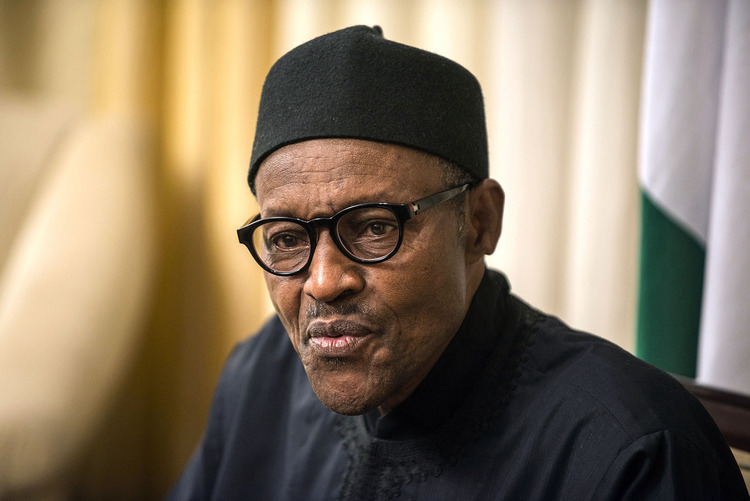Business
Presidency Denies Ban on Food Importation; Explains Directive

- Presidency Denies Ban on Food Importation; Explains Directive
President Mohammadu Buhari has denied placing a ban on the importation of food items in the country as widely reported by most media.
A statement released earlier on Tuesday revealed that the president had ordered the Central Bank of Nigeria to stop providing foreign currency for Nigeria’s food import bill to ease pressure on the foreign reserves.
According to the statement, “President Muhammadu Buhari… disclosed that he has directed the Central Bank of Nigeria (CBN) to stop providing foreign exchange for importation of food into the country”
“The foreign reserve will be conserved and utilized strictly for diversification of the economy, and not for encouraging more dependence on foreign food import bills,” The President said.
“Don’t give a cent to anybody to import food into the country” he added.
Reacting to a publication by Financial Times over its report titled “Muhammadu Buhari Sparks Dismay Over Policy Shift on Food Imports”, the President in a letter addressed to the editor of Financial Times clarified his order; saying that the purpose of the directive was not to ban importation of food items but to prevent importers from accessing exchange from the country’s official source; the Central Bank of Nigeria (CBN).
The Financial Times had earlier published that Buhari’s order could cause a “skyrocketing” of food prices in the country.
A statement released yesterday by the Senior Special Assistant on Media and Publicity to the president, Mallam Garba Shehu, described the report by Financial Times as a misinterpretation of the President’s order; saying that importers are free to get their foreign exchange from other financial sources aside the CBN; such as non-governmental financial institutions.
The letter reads: “Your article ‘Muhammadu Buhari Sparks Dismay Over Policy Shift on Food Imports” (15 August) suggests the Nigerian Government is restricting the import of agricultural products into the country. This is simply incorrect. To be absolutely clear, there is no ban – or restriction – on the importation of food items whatsoever.
“President Buhari has consistently worked towards strengthening Nigeria’s own industrial and agricultural base. A recent decision sees the Central Bank maintain its reserves to put to use helping growth of domestic industry in 41 product sectors rather than provide forex for the import of those products from overseas.
“Should importers of these items wish to source their forex from non-government financial institutions (and pay customs duty on those imports – increasing tax-take, something the FT has berated Nigeria for not achieving on many occasions) they are freely able to do so.
“Diversification of forex provision towards the private sector and away from top-heavy government control, a diversification of Nigeria’s industrial base, and an increase in tax receipts – are all policies one might expect the Financial Times to support. Yet for reasons not quite clear, the author and this newspaper seem to believe the president’s administration seeks to control everything – and yet do so via policies that relinquish government control.”